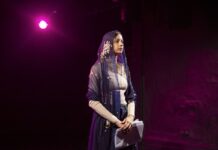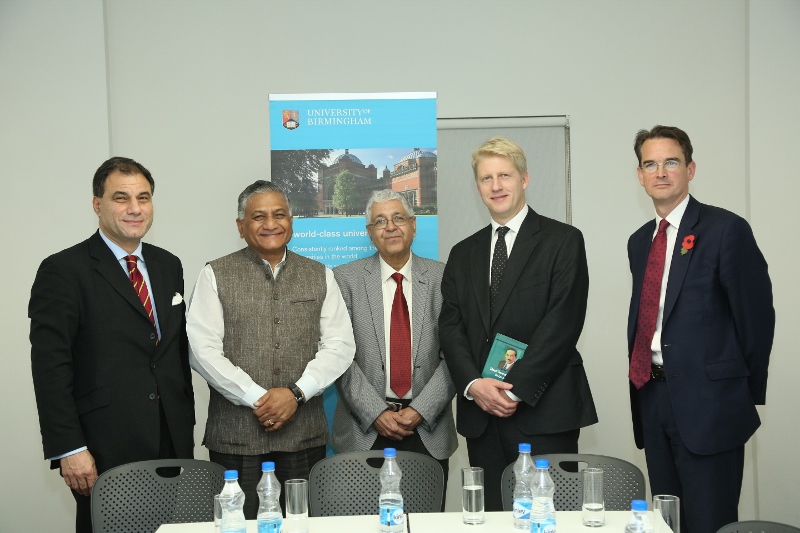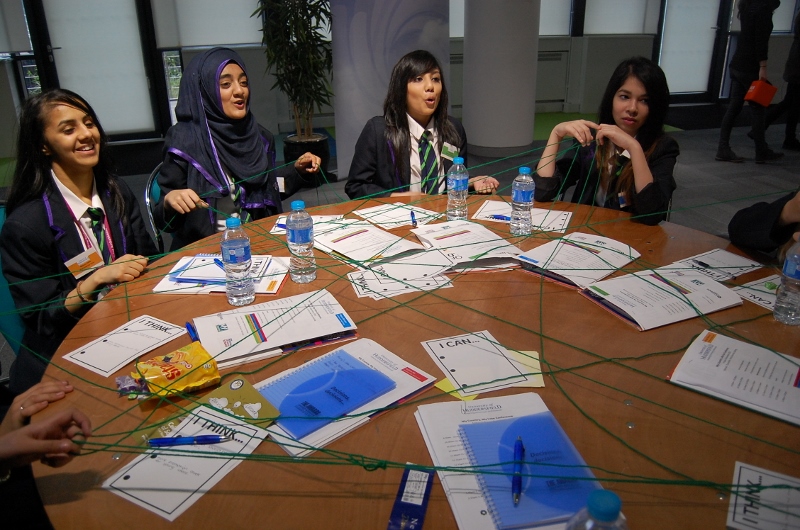
Afghan art student’s work transforms his home country into a positive light
Dilara Changis is a research student of Afghan origin, currently studying for his masters in Contemporary Art at the University of Huddersfield.
His exhibition, ‘A glimpse of artwork from a conflict zone: Afghanistan’ portrays the work of artists from a country caught up in war.

Dilara still has vivid memories of his childhood in Afghanistan, which inspires his research and artistic style, and influences the work he produces.
He said: “My ideas are a bit dark compared to others, but it really connects with my personal experience and emotions and makes my work more effective and powerful.”
The exhibition is the first of its kind to be featured at the University, offering a new perspective on a country with such an unclear culture and heritage. It provides an amazing visual story of lives so different to our own cultural norms.
Though the Western world encourages freedom of speech and expression through art, fashion and culture, in Afghanistan and many other countries, harsh punishment can be the result of failing to adhere to strict social and religious codes of conduct.
The exhibition showcases works from contemporary Afghan artists and photographers, who are based in Australia and the US as well in Kabul, Afghanistan.
Dilara said: “Surprisingly, three were female, which is really rare and unusual in terms of women’s rights in Afghanistan.
“Art is male dominated and women still have traditional roles there. When I was interviewing them they would tell me ‘You have to be strong here. If you [as a woman] stay at home nothing will change’.”

Often, Dilara would find the exhibited artists himself through social media and worked to build a relationship with them, which he still maintains – helping in any way he can to give their talents the chance to go beyond the troubled borders of Afghanistan.
As part of his project, Dilara asked visitors to take a short questionnaire before and after seeing the exhibition. Before the exhibition visitors were asked: ‘What comes to mind when you hear Afghanistan?’– to which most replied: ‘Violence, conflict and oppression.’
Afterwards, they were asked ‘What do you think about Afghanistan now?’ – which received responses that included: ‘A country with rich complexity’ and ‘fascinating history’ -suggesting the display had a positive impact.
“My exhibition was responsible for a big change in people’s views of Afghanistan,” said Dilara.
“From thinking of war and destruction they now think of culture and history because of what my exhibition has taught them. I like to think of it as having given a cross cultural experience without the need to travel.”













